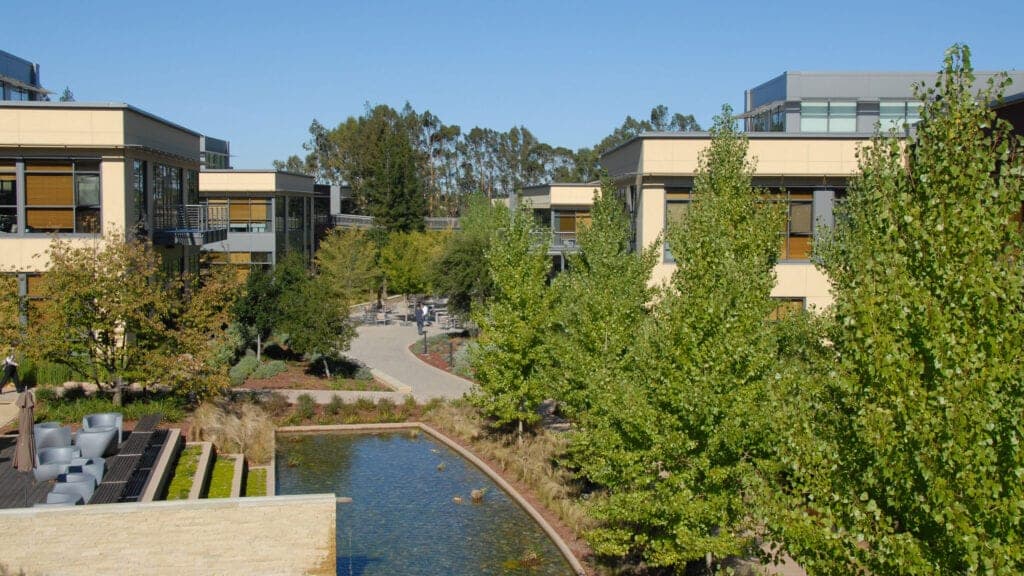Palo Alto's $110K Living Wage Highlights Stark Reality of Downward Mobility for Non-Tech Workers

A recent social media post has ignited discussions about the stark contrast between perceived "chic" temporary downward mobility and the challenging reality of permanent economic decline, particularly in high-cost regions like Palo Alto. The tweet, from user 'carl', observed, "> I think it’s chic to be temporarily downwardly mobile but permanent downward mobility is just sad like wym your parents worked in tech and own their house in Palo Alto and you’re a 40 year old barista." This sentiment underscores a growing societal concern regarding intergenerational economic shifts and the sustainability of living standards in affluent areas.
Palo Alto, a hub of the tech industry, is notorious for its exorbitant cost of living, which is 48% higher than the national average. Housing expenses alone are 23% above the national benchmark, with utilities and transportation also significantly elevated. Experts suggest that a single individual needs an annual salary of at least $110,000 to $130,000 to live comfortably in the city, with some estimates pushing this figure to $150,000 or even $200,000 for a more secure lifestyle. This financial threshold is often met by high-earning tech professionals, whose salaries can range from $100,000 for new graduates to well over $300,000 for experienced engineers.
However, the economic landscape is vastly different for those in service-sector roles. While specific barista salaries for Palo Alto were not immediately available, such positions typically offer wages significantly below the six-figure income required to navigate the city's high costs. This creates a significant disparity, where individuals without a substantial financial cushion or high-paying tech jobs face immense pressure to maintain a reasonable quality of life.
Broader economic trends in the U.S. indicate a decline in absolute economic mobility, with studies showing that children born in the mid-1980s have only a 50-50 chance of earning more than their parents, a sharp drop from over 90% for those born in 1940. This decline is attributed to factors such as rising inequality, the neighborhood one grows up in, and the quality of education. The tweet highlights a specific manifestation of this trend, where the children of successful tech parents in Palo Alto might find themselves in economically precarious positions despite their privileged upbringing, struggling to afford the very environment their parents thrived in.
The discussion points to a complex interplay of generational wealth, career choices, and the unforgiving economics of regions like Silicon Valley. While some may view a temporary retreat to a service job as a lifestyle choice, the long-term implications of such a path without a significant financial safety net can lead to genuine economic hardship, contrasting sharply with the "American Dream" of upward mobility.